Database descriptions, statistical standards (resolutions and guidelines), and guides and manuals – all the metadata to better understand the labour statistics presented on ILOSTAT.

Behind the mic: Exploring employment patterns in radio broadcasting
Radio broadcasting is an industry with a rich history and valuable contribution to human connection, to the sharing of knowledge, information, and culture. It is an industry that has persisted despite many changes and challenges, particularly related to consumer demand and technological transformation, demonstrating an impressive ability to adapt and remain relevant. On this World Radio Day, we take a deep dive into data derived from the ILO Harmonized Microdata Collection, to gain a better understanding of how trends are reshaping the employment landscape in this remarkable industry.
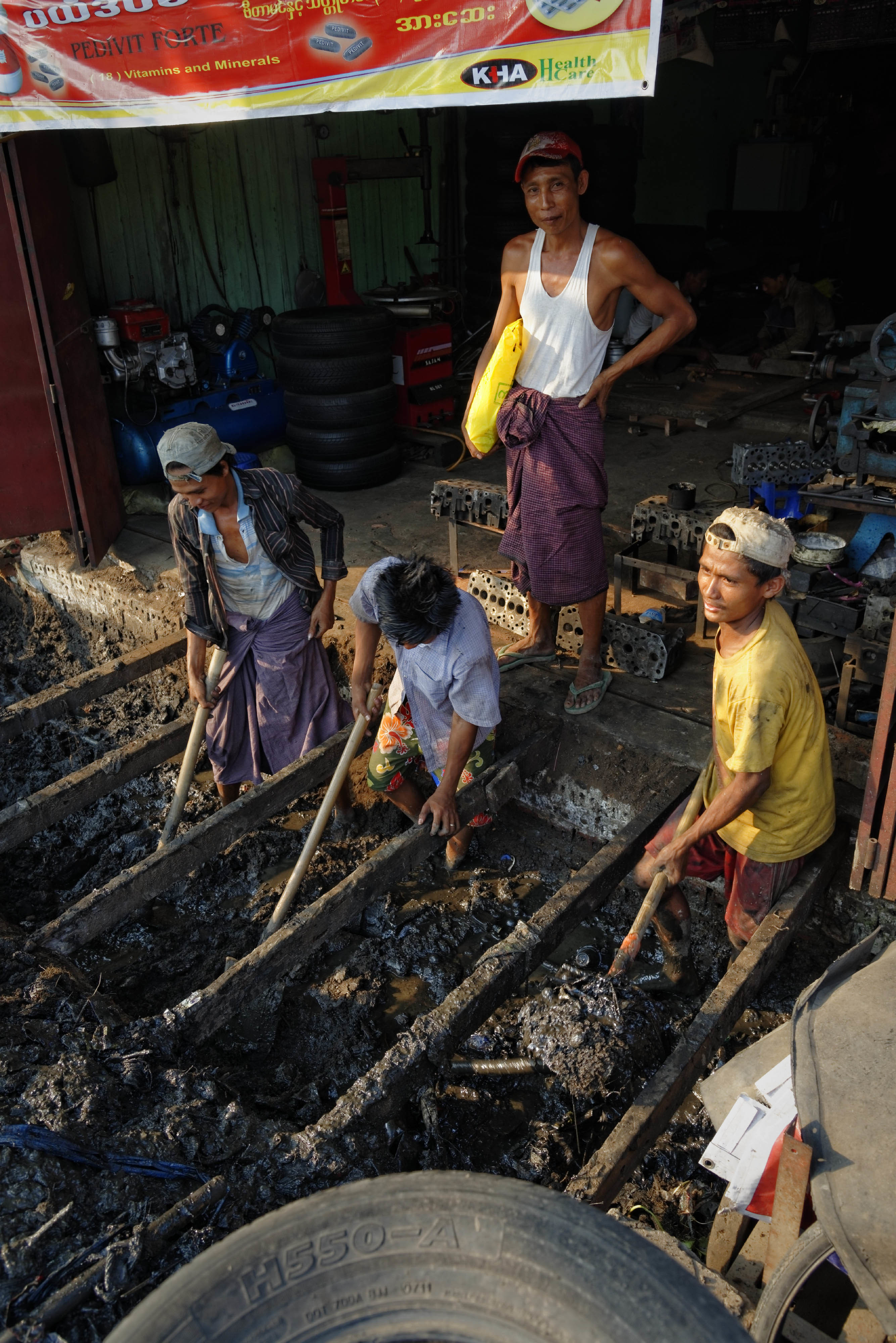
The unseen workforce behind wastewater management
High-income countries often take the wastewater management process for granted. Yet only 58 per cent of the world’s domestic wastewater is safely treated, with significant variation across regions. For World Toilet Day, we delve into the data to gain a better understanding of employment in the water collection, treatment and supply and sewerage industries in different country contexts.

From tradition to transformation: Employment trends in postal and courier services
Technology has severely affected demand for postal services. At the same time employment in the industry is still rising in most countries, driven by rapid growth in courier activities. This apparent contradiction in fact supports the idea that while technological progress can destroy jobs and displace workers, it can also create more jobs, creating a positive overall effect. Looking to the future, reskilling, upskilling and support to help postal services accelerate their digitalization and diversification processes will be key to building the resilience and adaptability of workers and enterprises in the sector.

Quality education for all? We need (more) teachers!
Data insights reveal important teacher shortages in many countries around the world, and declining numbers of vocational education teachers at a time when we need them the most. Policies to improve education quality and outcomes must consider not only students and learners, but also and importantly, teachers.
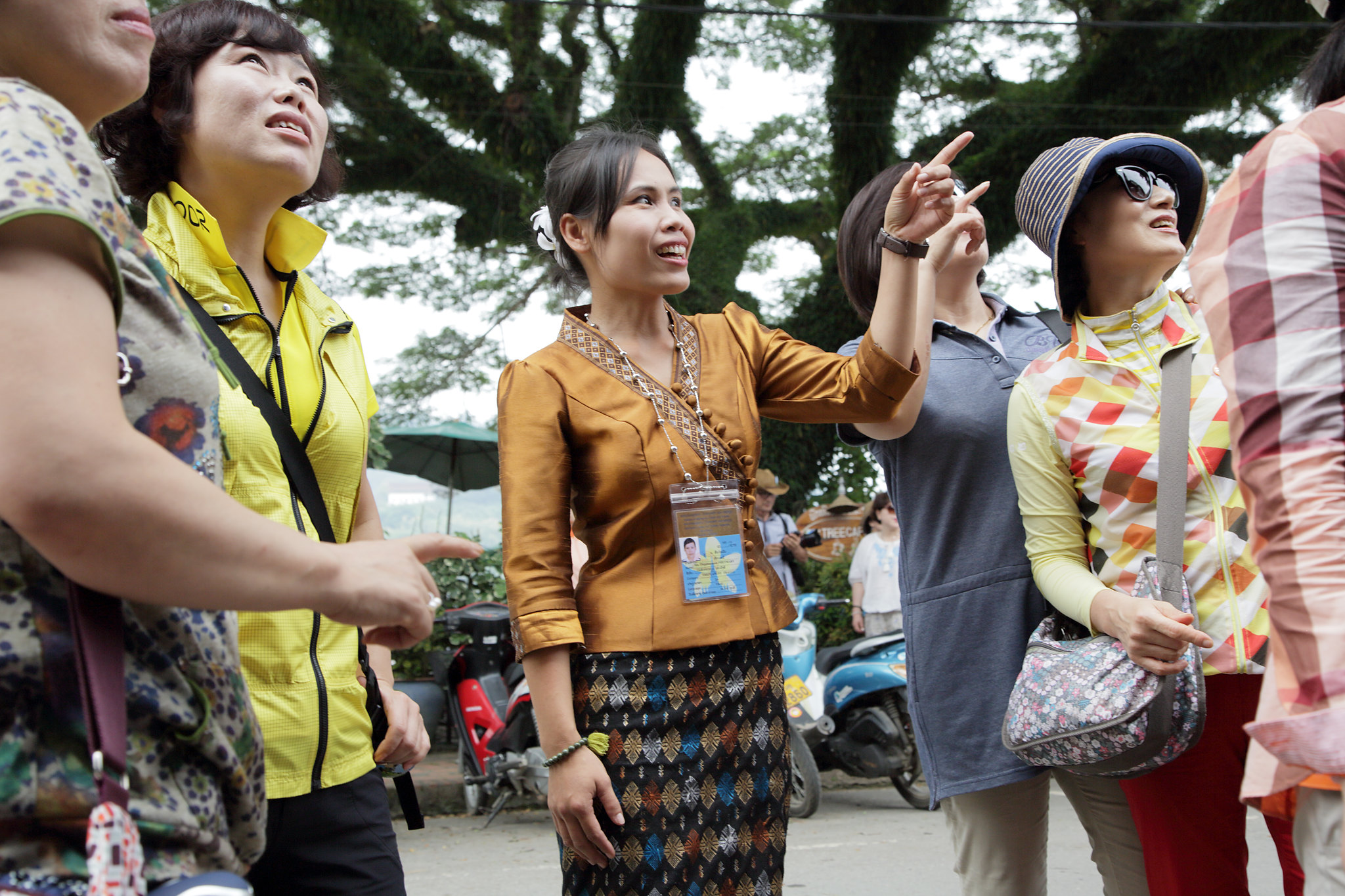
How data can bolster decent work in the tourism sector
In-depth tourism employment data can provide valuable insights for shaping policies that benefit enterprises and improve the welfare of workers in the industry.

Equal pay for work of equal value: where do we stand in 2023?
Despite some progress, gender wage gaps persist and are even widening in some occupations. Gender wage gaps are not primarily attributable to differences in educational attainment, and in general do not narrow but rather often increase with age.
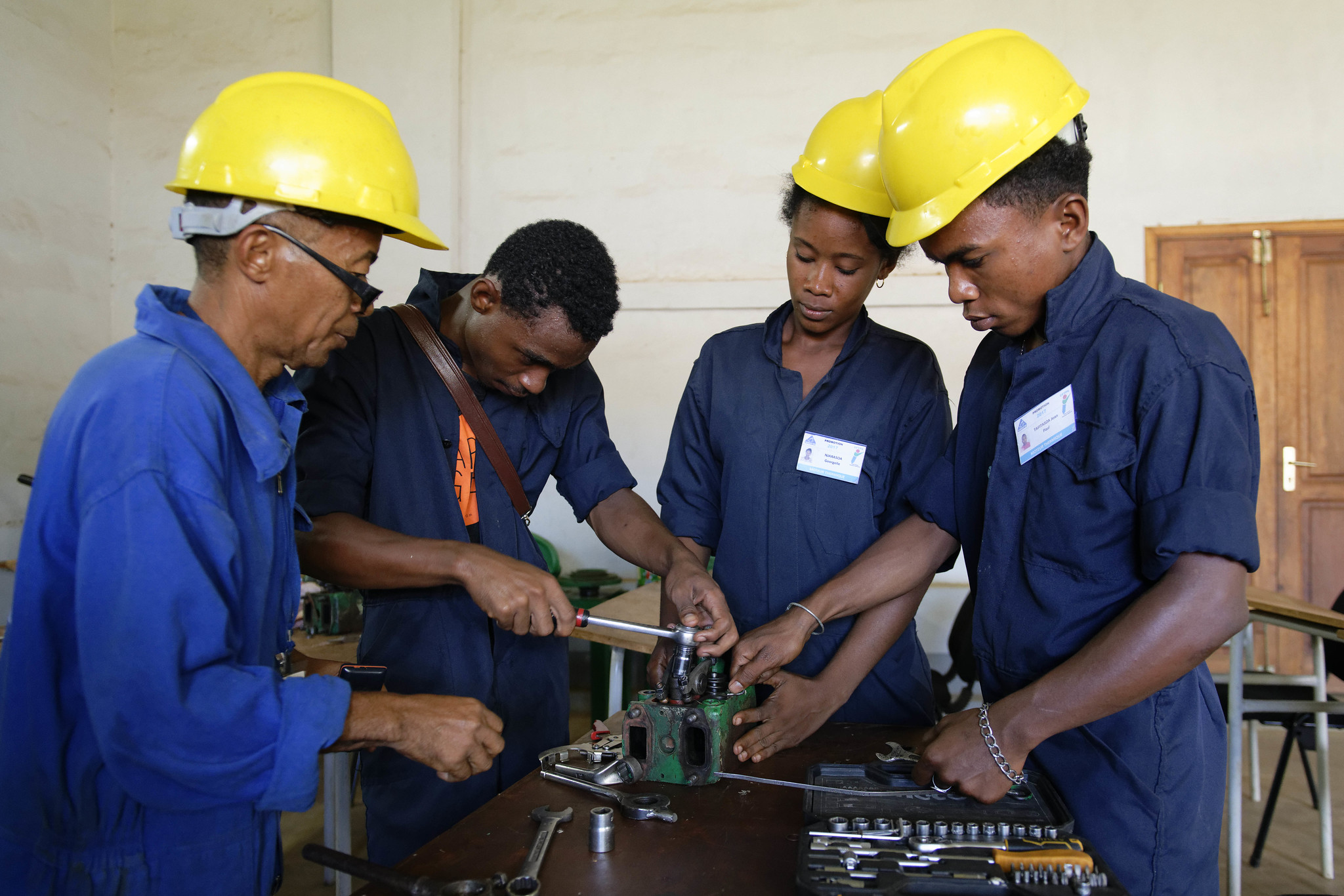
Youth skills: tackling challenges and seizing opportunities for a brighter future of work
Leveraging the ILO’s microdata, an analysis of global labour market and occupational trends highlights strategies to strengthen skills development and boost the competitiveness, agility, and resilience of youth.

Micro and small enterprises: engines of job creation
Leveraging data from the ILO Harmonized Microdata collection, we take a deep dive to scope out micro and small enterprises around the world, to uncover industries where these job creators are rapidly growing and, with adequate support, can make a substantial contribution to decent work outcomes in the context of a just transition.
